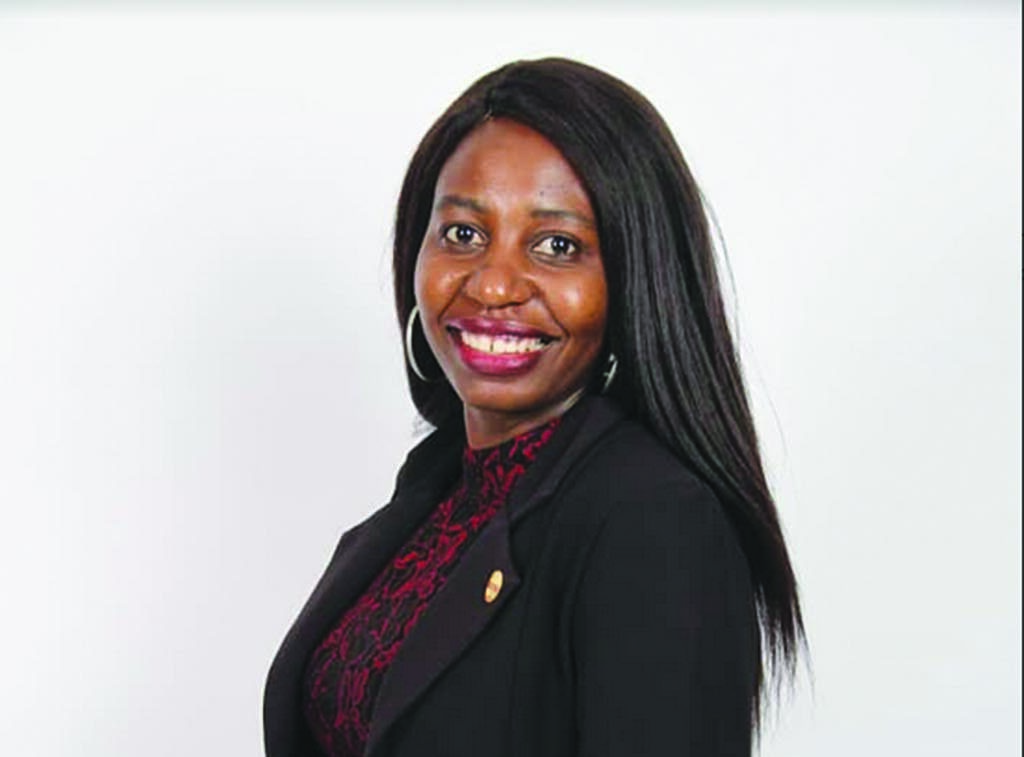
Jonah Nyoni Leadership is more than controlling systems. A leader deals with people most of the time. People are different in character, personality and in mentally assimilating things. The leaders should therefore learn and master the art of working with different people. This week I engaged Future Moyo (FM). Moyo is a business development consultant, speaker, leadership and public speaking coach and trainer. She has been involved with Toastmasters International in different portfolios that include, but not limited to, vice-president Education at Dream Achievers Toastmasters Club, and club president at Dream Achievers Toastmasters Club.
JN: What are some of the critical soft skills needed when leading?
FM: A number of soft skills are critical when leading. I would say allow me to point a few off the cuff right now.
Empathy is needed by every leader. I need to understand and relate with other people’s feelings.
Servant mindedness — as Leaders we need to be willing to serve our teams, and care more about those we lead.
Creativity — in this ever-changing environment as leaders we need to be creative in the way we come up with solutions and be positively disruptors.
Lastly there is listening. As basic as it sounds if we fail to utilize this skill we may fail to lead effectively.
JN: How do you deal with difficult people as a leader?
- Chamisa under fire over US$120K donation
- Mavhunga puts DeMbare into Chibuku quarterfinals
- Pension funds bet on Cabora Bassa oilfields
- Councils defy govt fire tender directive
Keep Reading
FM: There is no doubt as you work with teams you will encounter difficult people, this being influenced by us having unique personalities and leadership styles.
I would say be mindful we are all unique and utilise your emotional intelligence (IE) to handle difficult and different personalities. Strengthening your EI is your bullet proof to deal with difficult people.
I always use, What I love to call a four-step approach in dealing with a difficult person. One — I listen before I act. Two — I analyse my response. Three — I speak with them privately. And Four — If I fail to deal with them I involve a mediator.
JN: Team effort is central in leadership. What’s the art of leading teams?
FM: Leadership is influence as John C. Maxwell say in his book titled 21 Irrefutable Laws of Leadership and of course in order to achieve a common goal we work as teams.
To me the art of leading high performing teams is understanding your team, their leadership style, communications style and how best, based on their uniqueness, you can motivate them to achieve the organisation’s goals.
I recently completed a course on motivational strategies. This course unveiled that every individual is unique in what motivates them and as a leader work on understanding what motivated them and use that as a key to support them to achieve the organisation’s goals. I will further share one approach I utilise each time I work with a new team.
Share a personality questionnaire to understand them and this acts as a basis to get to know them better.
With a thorough understanding of my team I can be able to support them to be one of the winning teams.
Utilising the approach, I lead a team that was one of the high performing teams in the whole of southern Africa out of 13 countries.
JN: A leader should be able to communicate at every level. What are those communication traits a leader should learn to be able to relay their message effectively and with clarity?
FM: Firstly, it starts with understanding your own communication style and how it impacts others and lastly being able to decipher your receiver communication style and handling them accordingly.
JN: Learning agility is important as it is said “leaders are readers” How does a leader learn in a non-linear, competitive, changing and complex environment?
FM: I was having a conversation with one leader during a lunch break in one of the seminars and one thing we both agreed was leaders need to be agile.
Agility means flexibility. COVID-19 has challenged the world to be agile, as it challenged the status of how the world operates. We saw ourselves working virtually and lately hybridised.
Attitude is everything and being intentional is everything we do.
I would say leaders need to be open-minded and approach everything with a winning or positive attitude.
Let me end by using Eric Hoffer’s quotes. He said: “In times of change learners inherit the earth, whilst the learned find themselves beautifully equipped to deal with a world that no longer exists.” Learn every day and learn all the time.











